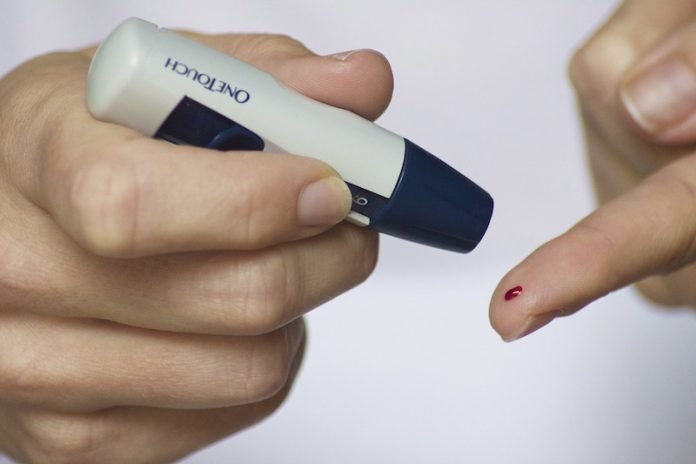
In a new study, researchers found drug metformin commonly used in diabetes treatment may help brain repair, but it only works in females.
They found a female sex hormone plays a key role in promoting brain repair and opens the door to the development of more effective treatments.
The research was conducted by a team from the University of Toronto.
Males are straightforward while females are complicated.
This false dichotomy prompted a decades-long exclusion of female animals from research out of fear that their fluctuating hormone levels will muddle the data.
In the new study, the team found that metformin, a widely prescribed drug to treat diabetes, promotes repair in adult female brains and is dependent on the sex hormone estradiol.
The research builds on a previous study, which sought to find treatment for childhood brain injury.
The team found that the widely prescribed drug metformin can induce brain repair and improve motor function in newborn mice that had a stroke.
Metformin works by activating stem cells in the brain, which can self-renew and give rise to different types of brain cells to replace those killed by injury.
Because brain injury in early life can lead to lifelong cognitive problems, the researchers now wanted to find out if metformin also promoted cognitive recovery.
To the researchers’ delight, metformin was able to activate neural stem cells in the brain and promote cognitive recovery. But the data also revealed something unexpected.
Metformin did not affect all the animals in an equal manner. It only worked in adult females.
A closer look revealed that metformin selectively activated the adult female neural stem cells while having no effect on the males.
This turned out to be due to the female sex hormone estradiol which somehow enhances the stem cells’ ability to respond to metformin.
Conversely, the male hormone testosterone appears to inhibit this process. When female mice had their ovaries removed and lacked the female sex hormone, the stem cells did not respond to metformin treatment.
The findings come at a time when scientists are reckoning with the data bias that is skewed against women due to the predominant use of male animals in research.
As animal research informs human studies, the sex bias is believed to have led to failed clinical trials, misdiagnosis and inappropriate therapies for women, as highlighted in a recent article in Science.
One author of the study is Cindi Morshead, a professor in the Donnelly Centre for Cellular and Biomolecular Research.
The study is published in Science Advances.
Copyright © 2019 Knowridge Science Report. All rights reserved.



